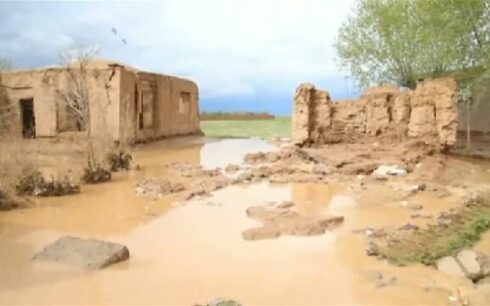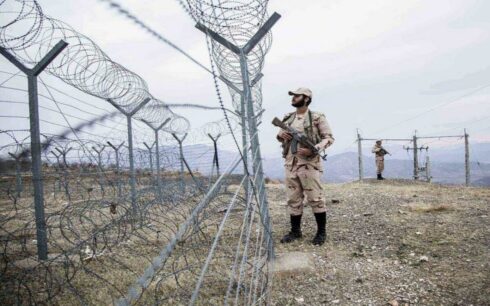The Taliban has shut down Voice of America (VOA)’s and Azadi Radio’s Persian and Pashto websites in Afghanistan.
Qadir Habib, head of Radio Azadi for Afghanistan, on Friday confirmed to Amu TV that the Dari and Pashto sites of the media outlet were not accessible in Kabul.
“Social media users told us that they do not have access to our websites, and we were made sure yesterday that Radio Azadi’s websites were closed [by the Taliban],” Habib said.
Habib added that sources from the Taliban-run Afghanistan telecom regulatory authority (ATRA) have told Radio Azadi officials that the group ordered them to shut down its sites so that “people do not have access to it.”
“We were told by ATRA that the Taliban ordered the [Afghan] telecommunications networks to block Radio Azadi pages,” he added.
The director of the Persian section of VOA Ahmad Sir Zia confirmed that the Taliban on Saturday closed the Pashto and Dari websites of the media outlet as well.
Afghanistan Journalists Center (AFJC) said in a statement that restricting access to these two media platforms in Afghanistan by the Taliban is obviously “another sign of [the Taliban’s] continued suppression of free and critical media” in the country.
This comes after the Taliban removed Radio Azadi’s and VOA’s broadcasts from AM and FM airwaves across Afghanistan two months ago.
The Taliban last year closed the websites of Hasht-e-Subh (8am) and Etilaatroz newspapers.
The Taliban have imposed strict restrictions on Afghan media outlets since their takeover in August 2021.
The Afghanistan Journalists Center (AFJC) in its annual report on the situation of Afghan media outlets under Taliban rule, documented 260 cases of violence against journalists and media outlets, including threats; detentions, and aggressive acts by the Taliban showing a 138 percent increase compared to 2021.
The organization has recorded 119 cases of short-term detention, from one hour to several hours and even months, of journalists. The report stated that the detentions mostly included physical and psychological violence, insults, and humiliation of journalists.
The AFJC said that 58 journalists in Kabul; 11 journalists in Kandahar; 11 journalists in Paktia; seven journalists in Ghazni; six journalists in Faryab; nine journalists in Herat, Samangan, and Bamyan; eight journalists in Parwan, Uruzgan, Logar, and Ghor; as well as nine other journalists were arrested in Kapisa, Balkh, Takhar, Nangarhar, and Khost, Helmand, Zabul, Farah, and Badghis, over the past year.
NAI (supporting the open media in Afghanistan) on the occasion of World Television Day, November 21, stated that 50 percent of Afghanistan’s TV stations halted operations due to economic problems last year.
The organization added that 48 percent of Radio stations and all printed media outlets have also stopped operations in Afghanistan.





